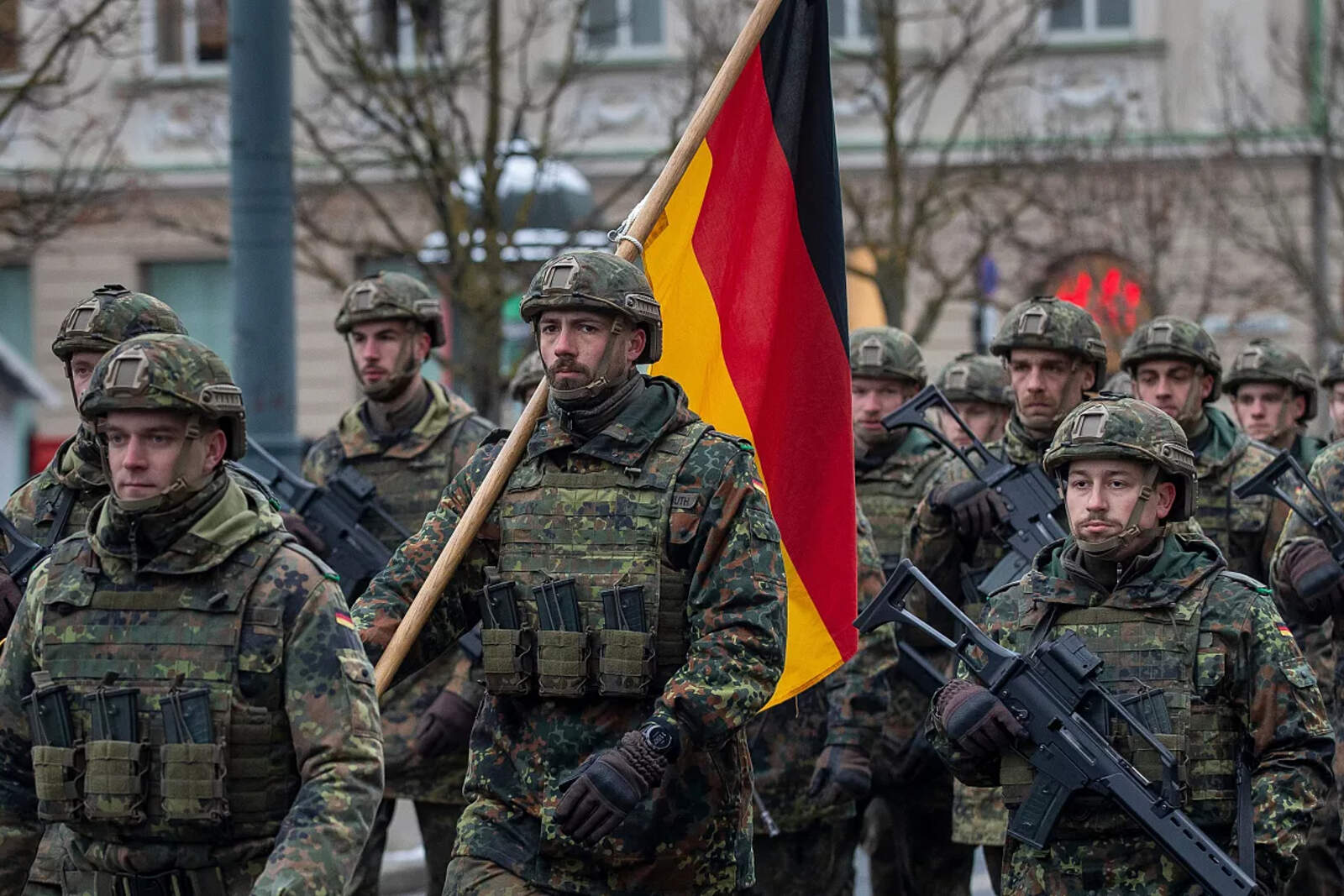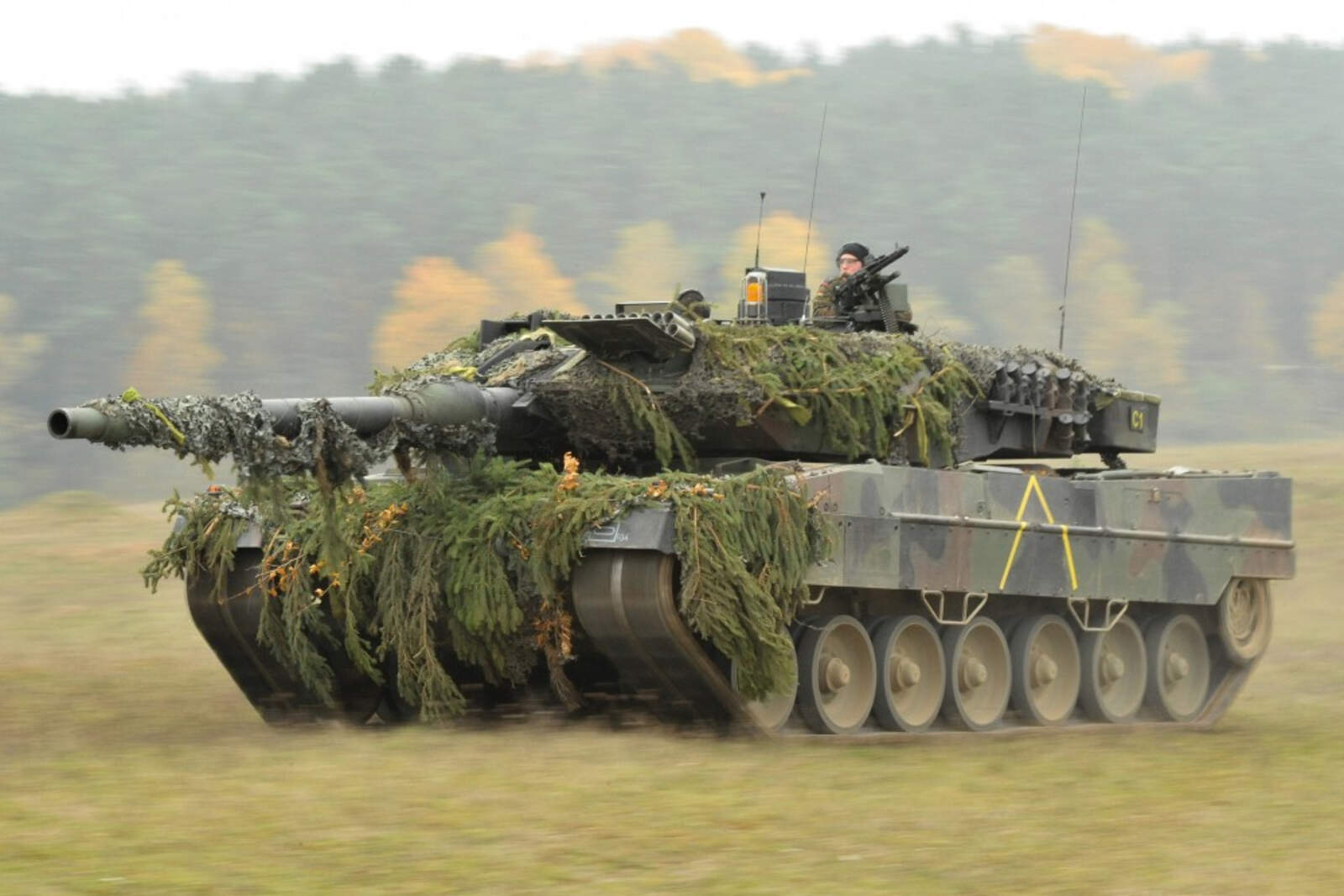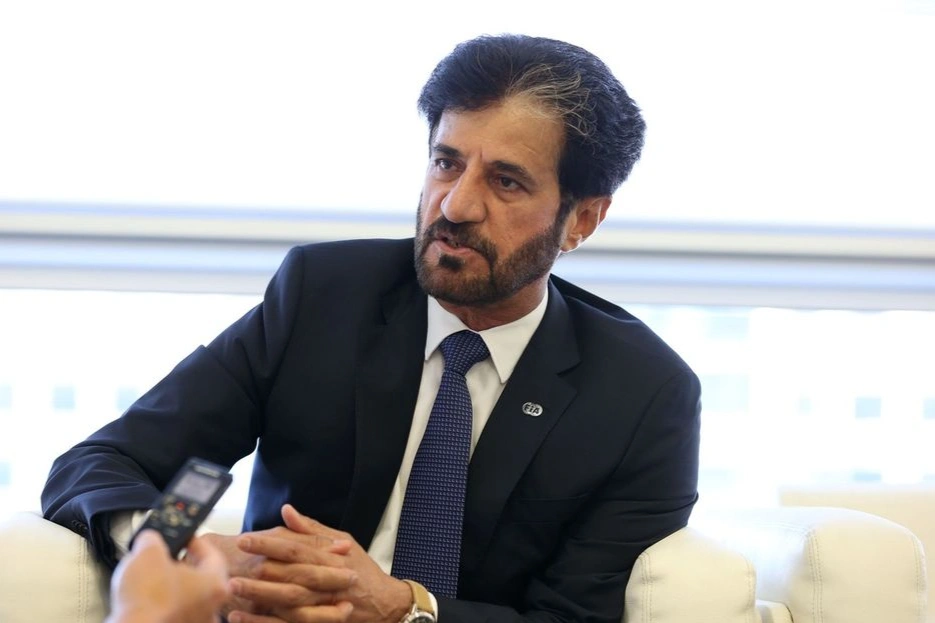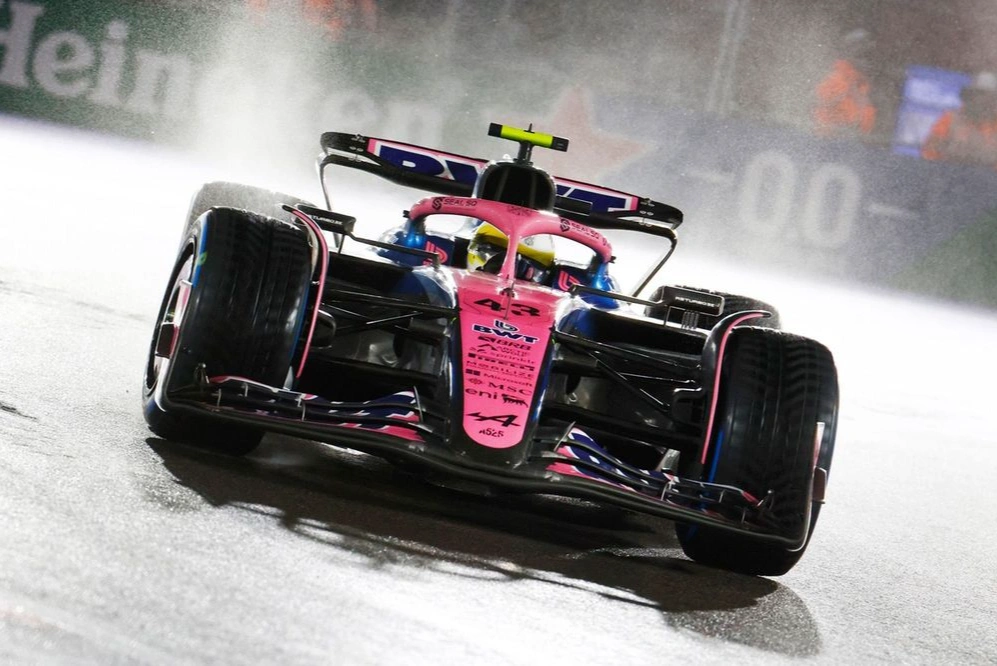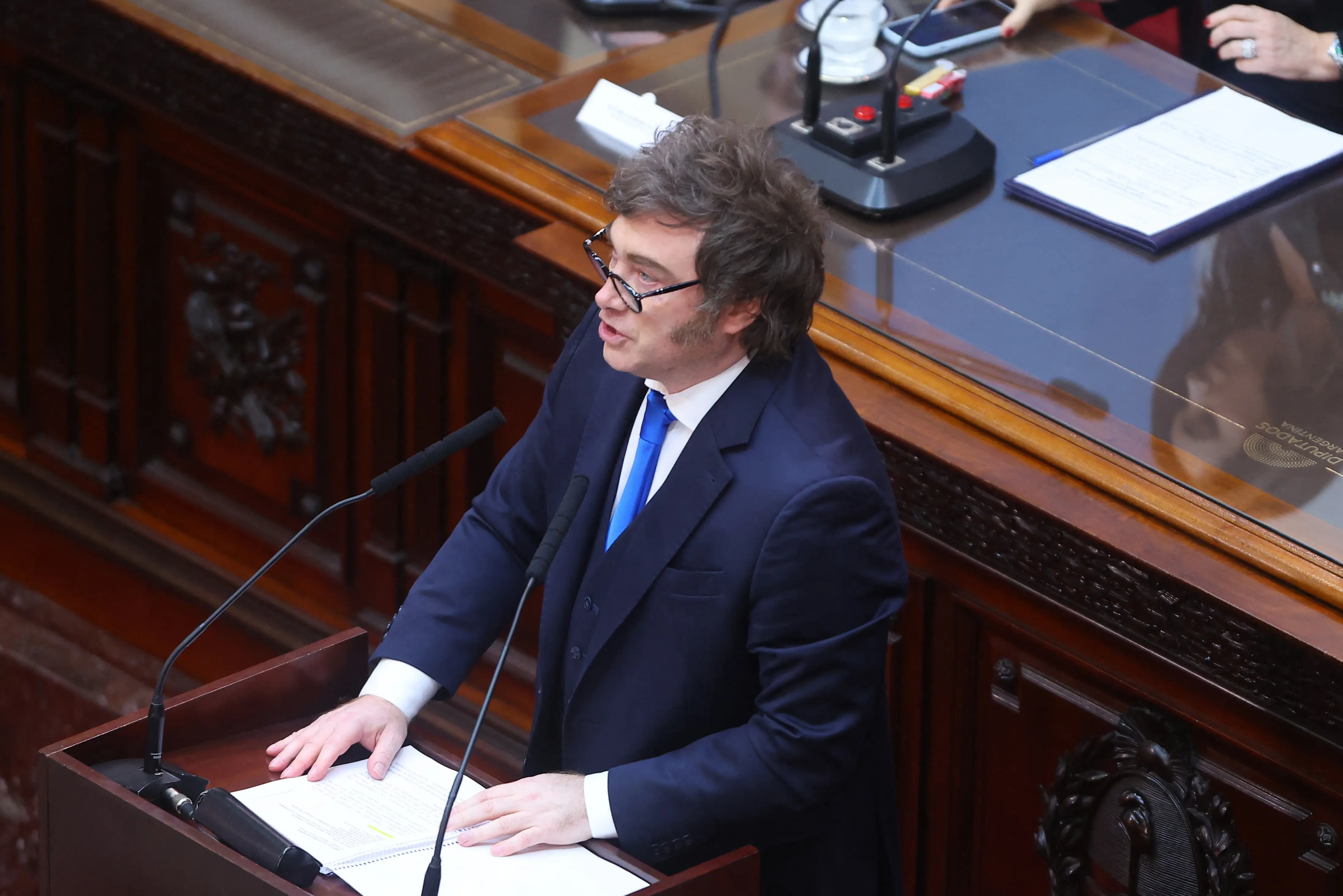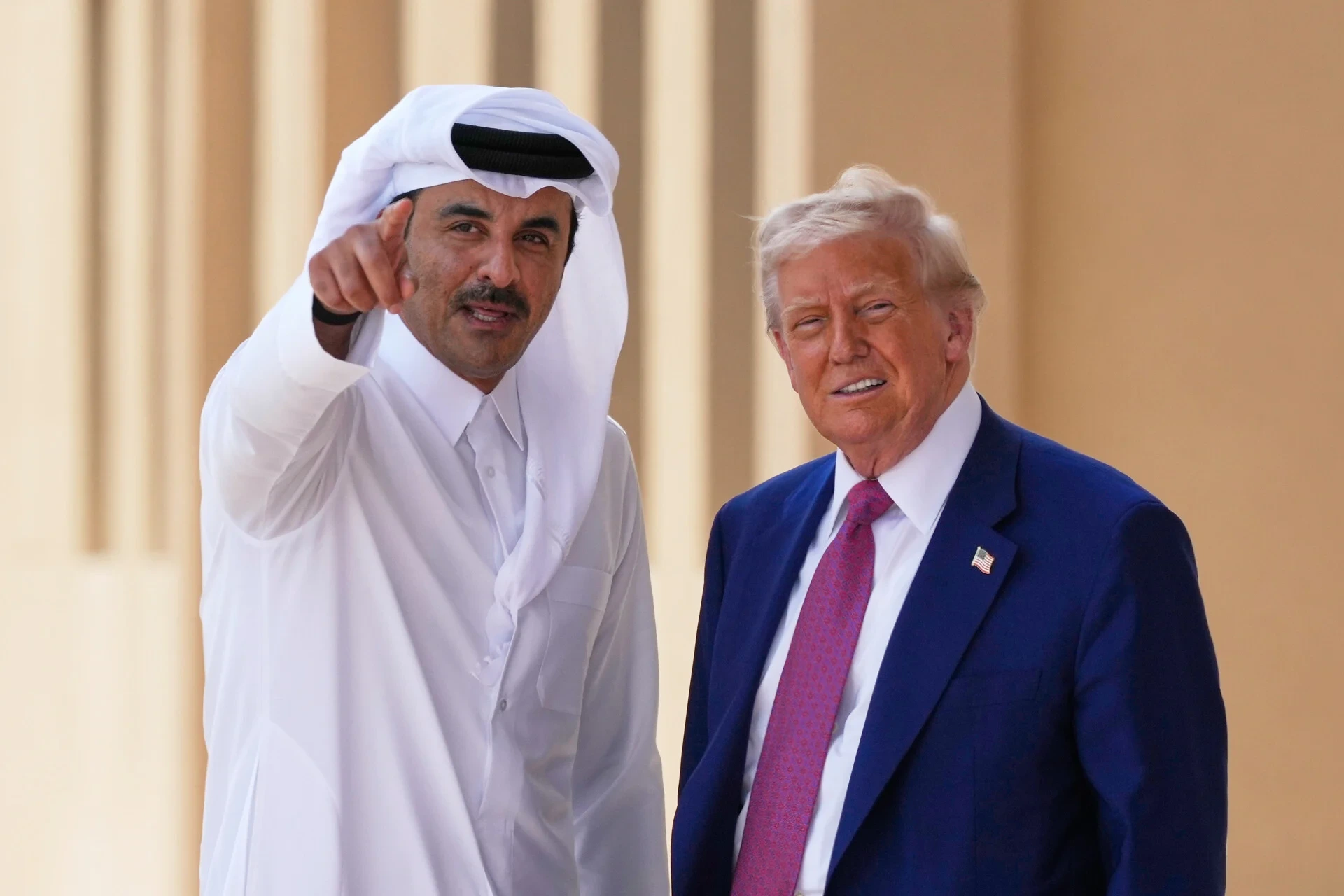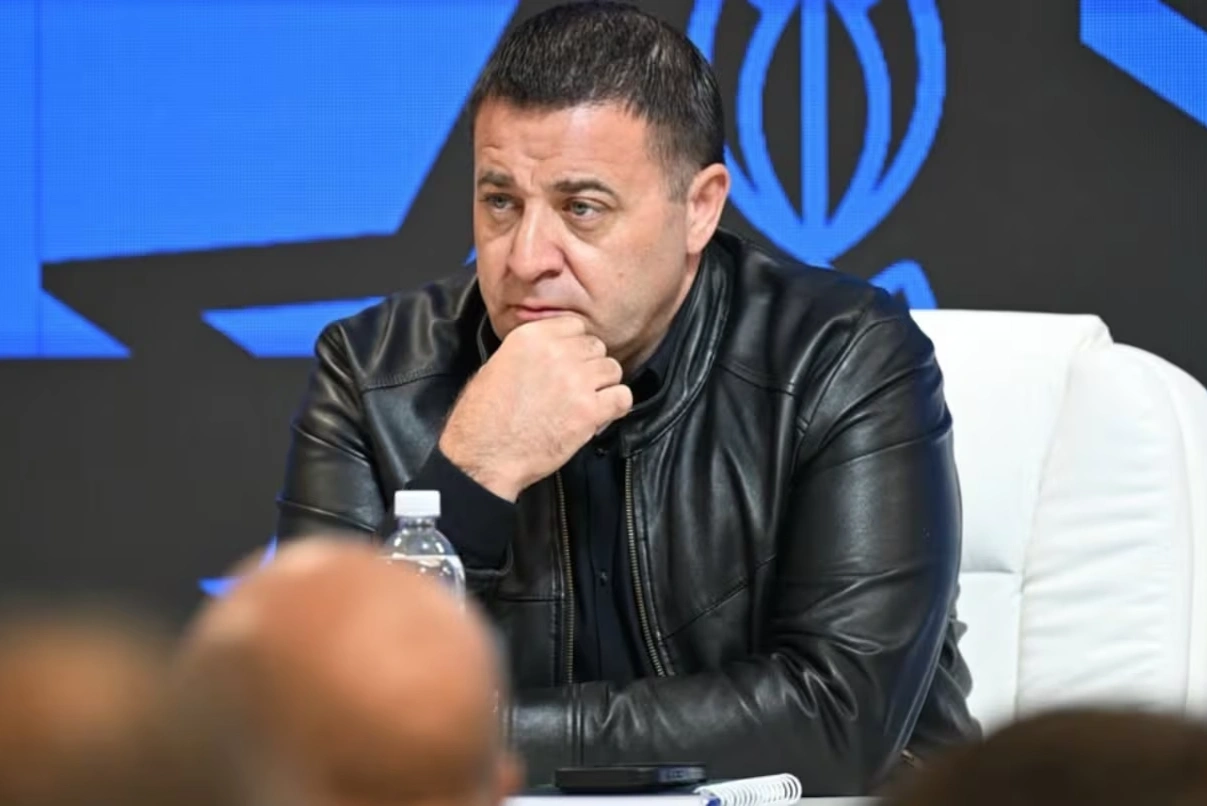Germany is preparing to carry out a massive military procurement campaign, valued at tens of billions of euros. Among the most significant orders are 20 Eurofighter jets, up to 3,000 Boxer armored vehicles, and approximately 3,500 units of the Patria infantry fighting vehicle, according to Reuters.
These purchases are part of an ambitious strategy driven by Chancellor Friedrich Merz, who seeks to modernize the German armed forces and position them as the leading conventional military power on the European continent. His intention is to reduce dependence on the United States and assume a more active role in regional security.
To make this change of course possible, Merz secured parliamentary support this year to exempt the defense budget from the debt restrictions imposed by the German Constitution. This allows for progress toward a deep transformation of the military apparatus, backed by a budget that will reach 83 billion euros in 2026, that is, 20 billion more than the amount allocated for 2025.
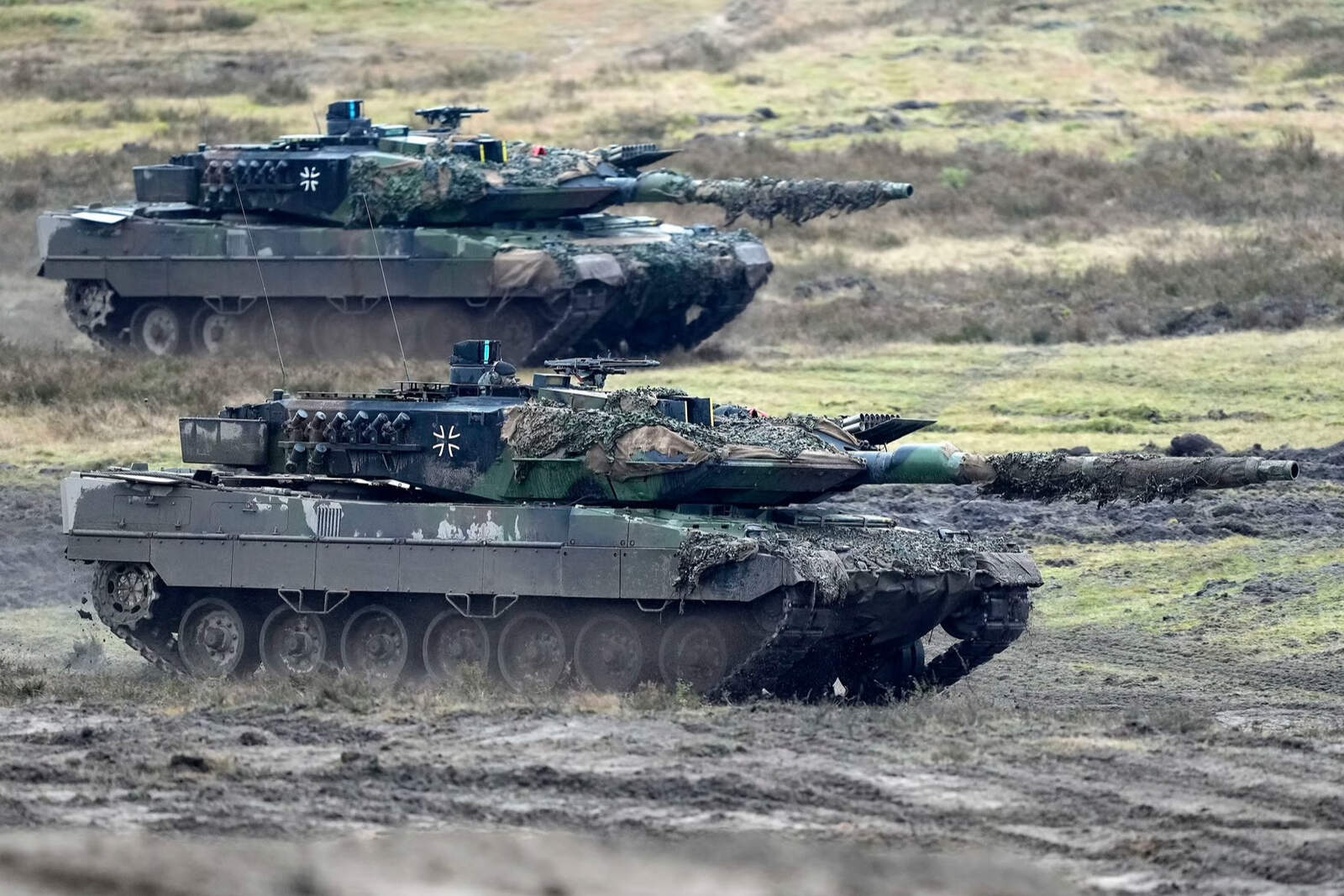
The numbers speak for themselves: the Eurofighter batch will represent an estimated outlay of between 4 and 5 billion euros. The Boxer armored vehicles, manufactured by KNDS and Rheinmetall, would cost around 10 billion, while the Finnish-made Patria vehicles will require about 7 billion. Deliveries of both models are expected to take place over the next ten years.

